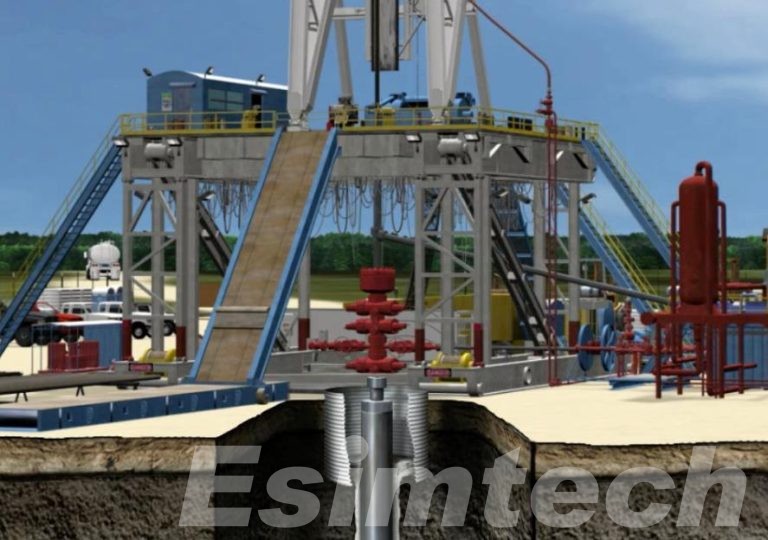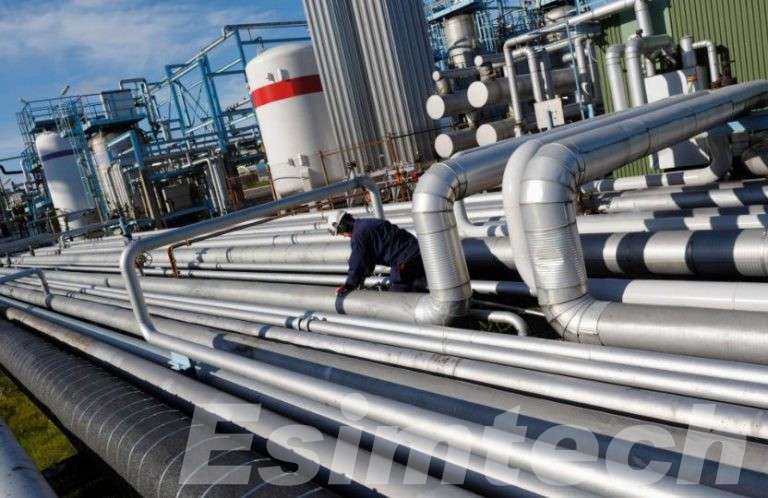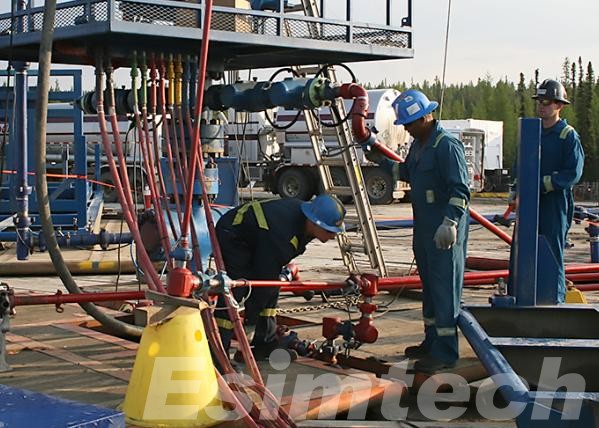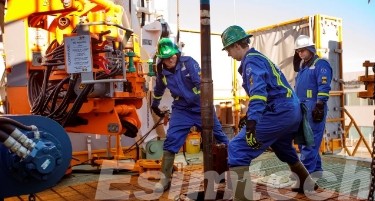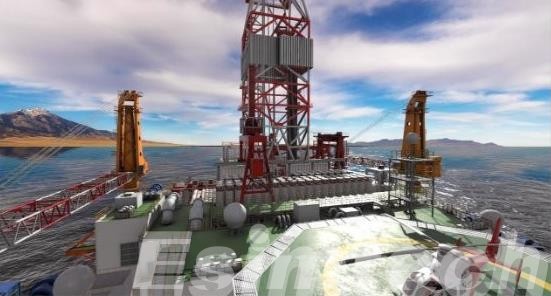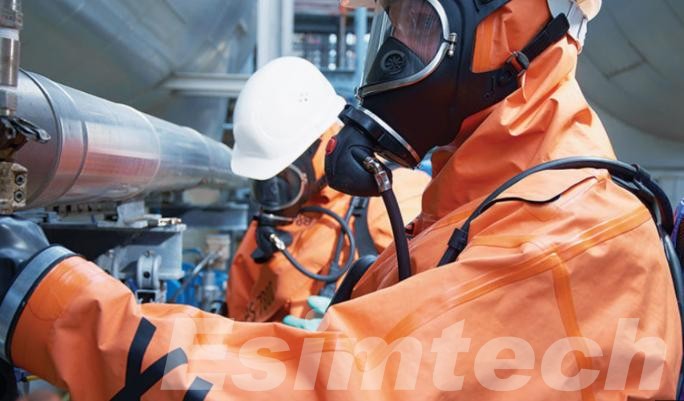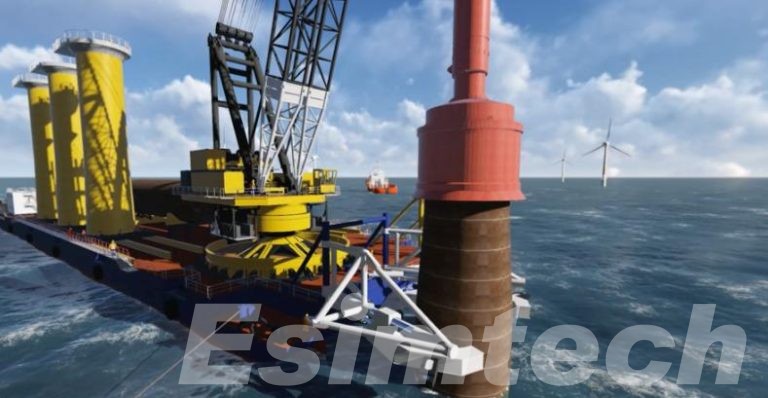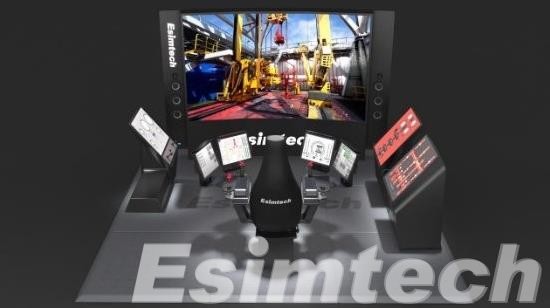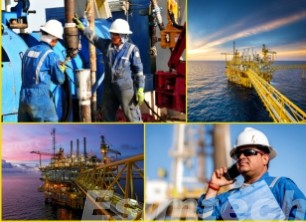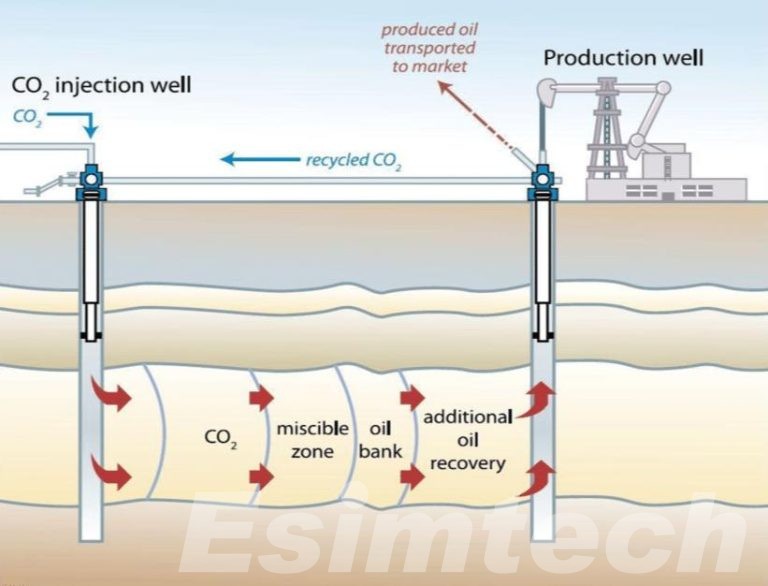How Oil and Gas Drilling Animation Reduced Costs in Well Design
The oil and gas business is continually evolving, with new technology that increases efficiency and lowers prices. One such invention is oil and gas drilling animation, which has transformed well design by improving visualization, cooperation, and decision-making capabilities. Companies can use 3D modeling and simulation to optimize drilling operations, reduce hazards, and dramatically reduce costs….

